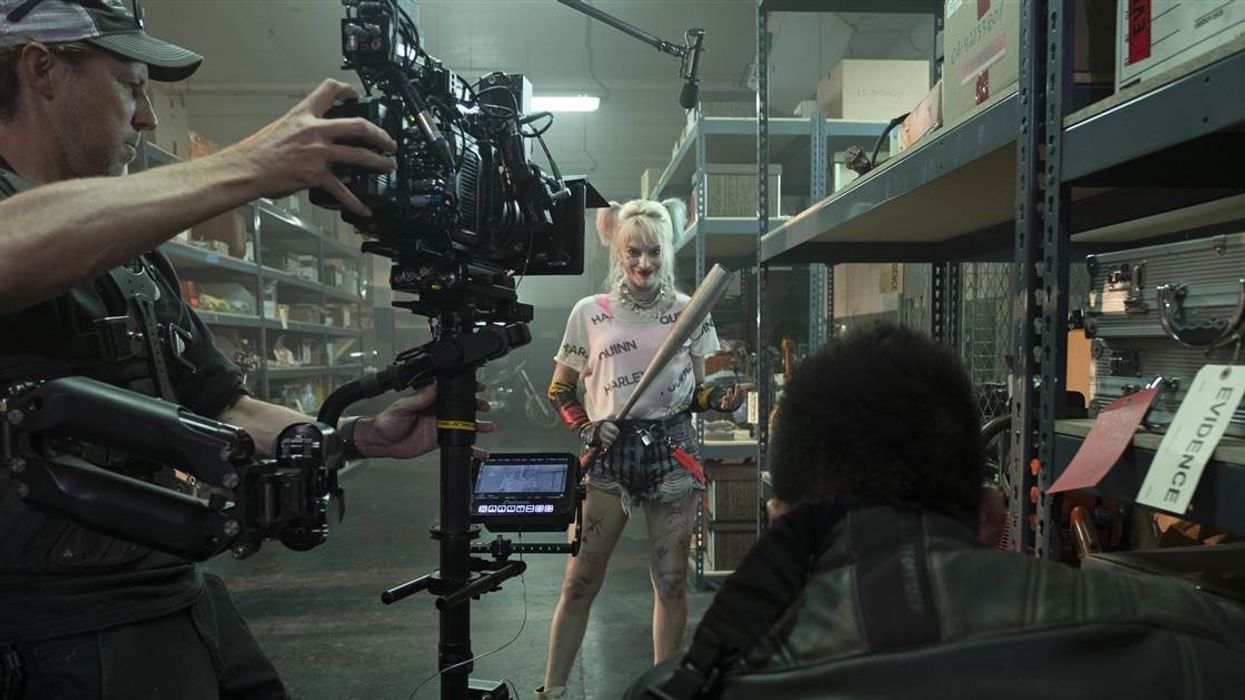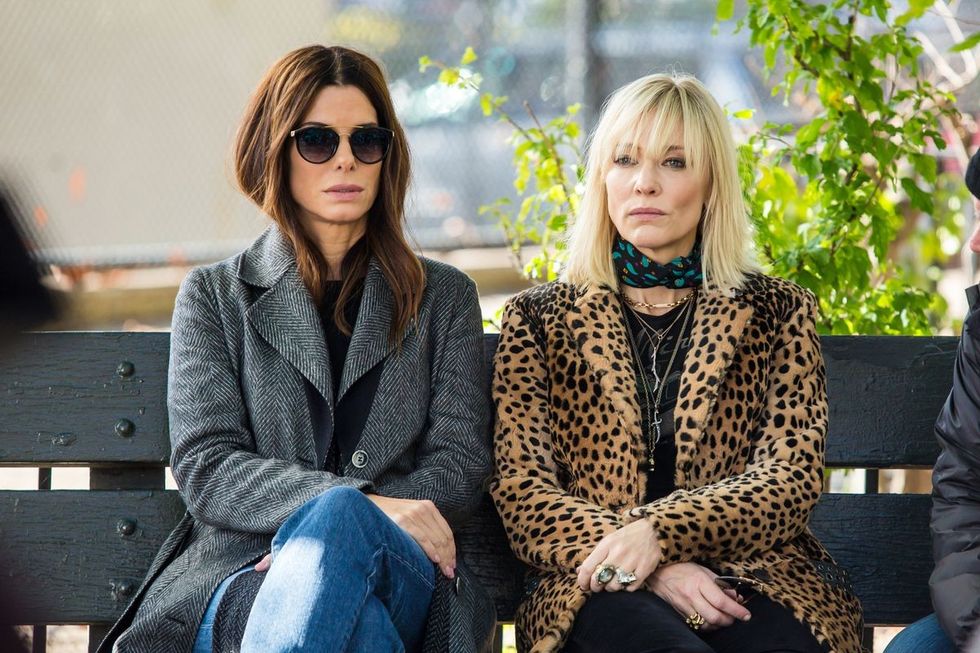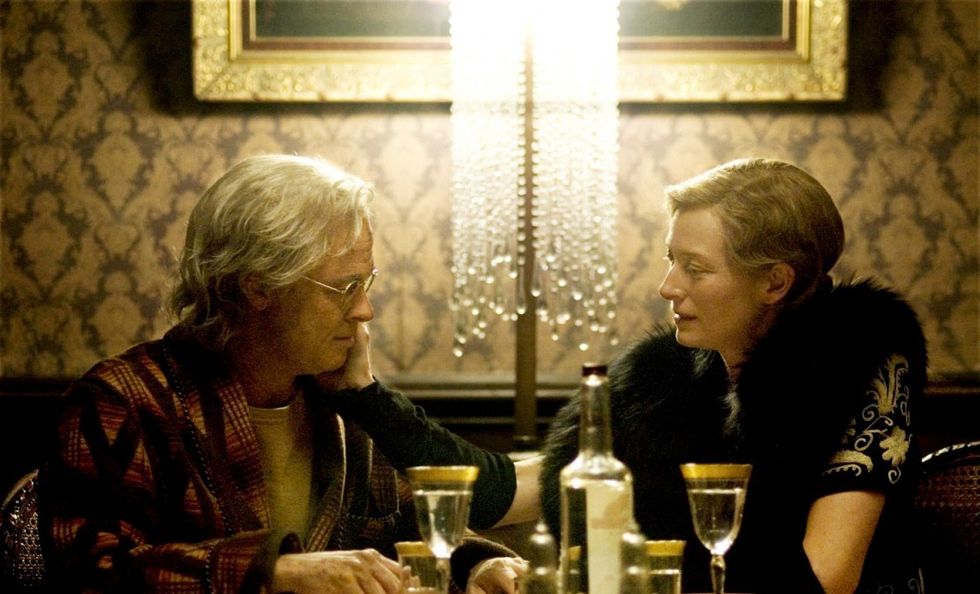The 5 Things Filmmakers Forget When Making a Short
Is your short film missing something?

Embarking on the journey of creating a short film can be a blast. In a short film, every frame, every line, and every cut counts.
But many shorts I see get so focused on the writing and directing, that they forget these five things. These oversights, seemingly minor against the backdrop of the entire production, can be the difference between a good short film and a great one.
In this article, we delve into the five common things filmmakers tend to forget when making a short film, bringing them to light so that your next project can shine without the shadow of common pitfalls.
Let's dive in.
1. Sound Quality
 'Sound of Metal'
'Sound of Metal'Credit: Amazon Studios
I cannot tell you how much sound quality affects a short. If it's bad, people will agonize through it or turn it off.
Filmmakers sometimes underestimate the importance of high-quality sound. Bad audio can distract from even the most visually stunning film. Investing in good sound equipment and soundproofing, or hiring a skilled sound technician, can make a huge difference.
2. Permits
 'Ocean's 8'Credit: Warner Bros. Pictures
'Ocean's 8'Credit: Warner Bros. PicturesIn the excitement of shooting, securing all the necessary clearances and permits for locations, music, and talent can be overlooked. This can lead to legal issues and could potentially halt distribution.
Not to mention, you could get kicked off a set in the middle of a take. Get the necessary things done. Sacrifice a great location for a good one that you're sure you're allowed to use. Or assume the risks, and always have a Plan B (which comes later).
3. Production Design
 'Office Space'
'Office Space'Credit: 20th Century Fox
Production design sets the tone and supports the story visually. Sometimes, filmmakers focus too much on the actors and forget the importance of the setting, props, and costumes that can enrich the visual storytelling.
Every scene needs some production design. It helps you build authenticity sand can make your project look more expensive and professional than it might actually be.
4. Plan B
 'The Revenant'Credit: 20th Century Fox
'The Revenant'Credit: 20th Century FoxNot having a backup plan for common issues like weather changes, actor availability, or equipment failure can derail a production. It's important to have a Plan B for every major aspect of the shoot.
If you're going to play fast and loose with the location permits, have a backup plan ready to go. You never know when you're going to need it.
5. Ample Time for Post Production

'The Curious Case of Benjamin Button'
Credit: Warner Bros.
Don't rush post-production. You will need time to get things right.
Filmmakers often underestimate the amount of time needed for editing, sound mixing, color grading, and rendering. Post-production is not just about cutting; it's a creative process that can't be rushed if the final product is to be polished and coherent.
Remembering the crucial aspects of sound quality, clearances, production design, contingency planning, and post-production timelines can be transformative.
With these insights in mind, your next short film can sidestep these common oversights, paving the way for a piece that resonates with audiences and leaves a lasting impression.
Now go get shooting.
- 7 Things To Do Before Making a Short Film ›
- How This Oscar Nominated Short Became These Filmmakers' Film School ›
- How to Write Short Films (Free Template) ›











